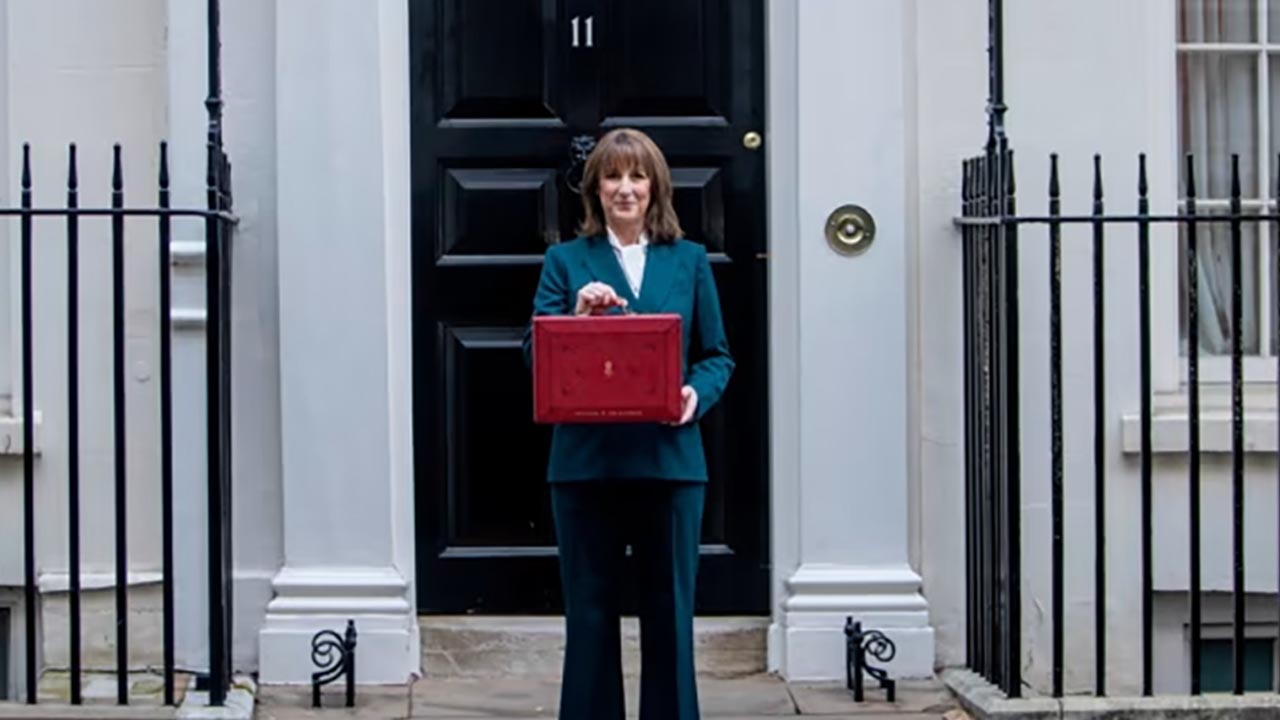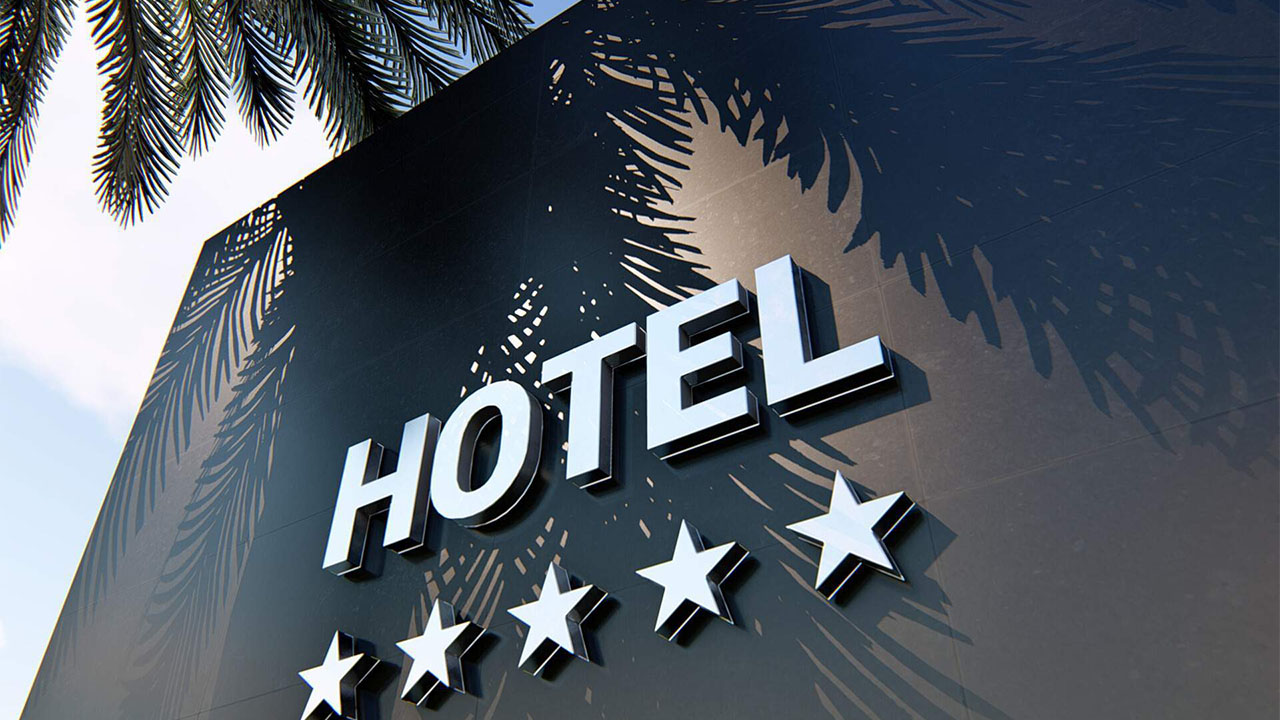This is the week I have been awaiting; the budget announcement has been a grey cloud, unsure if it will prevail with disbursement or rain, and of course rain finally broke, and lets simply put November’25 behind us all round.
Sky News counted 43 tax rises in this Budget, and that’s before you factor in the income tax threshold freeze, dragging more people into higher tax bands over time.
This Budget doesn’t feel like it was written by anyone who has ever had to make payroll or owned their own business. I understand that we have to pay tax, but it’s becoming harder and harder to see the positives of it every year. Especially as an entrepreneur, and a high tax payer and yet getting to see a Doctor this week…. Impossible!
Hospitality doesn’t get to “absorb” cost rises.
So when government decisions push up staffing costs and adds more tax complexity, it results in: fewer hours, fewer people, less investment, and constant price conversations.
Ok, so let’s talk numbers from the budget.
Business rates first, because that’s the one that looks like “support” on paper but still lands like a bill.
The chancellor restated the plan for permanently lower tax rates for more than 750,000 retail, hospitality and leisure properties in England from 2026/27, funded by a higher multiplier on properties worth over £500,000.
The problem is the current help still drops off a cliff: the 40% retail, hospitality and leisure discount (capped at £110,000 per business) ends on 31 March 2026. In its place, they’re moving to a new system where the multipliers are set 5p lower than the standard rate with no cap on support. UKHospitality claims: 5p is only a quarter of the maximum 20p discount floated last year, and with revaluations lots of hospitality firms’ bills could still see significant rises.
Wages, and this is the part that hits operators immediately because you can’t “efficiency” your way out of payroll.
The National Living Wage is set to rise by 50p an hour to £12.71 from April 2026, which is framed as roughly £900 a year more for a full-time worker. The 18–20 rate jumps by 85p to £10.85, and apprentices plus 16–17-year-olds go up (the official rate published is £8.00), plus no one then mentioned the add on costs of increased NI and pensions we will incur, with these increases.
I’m not arguing staff don’t deserve it, of course they do. But government cannot keep hiking wage floors without acknowledging the knock-on costs for the businesses employing those people. That £900 has to come from somewhere, whether that be cuts to the business or price rises to the consumer.
This could cost the sector £1.4 billion and can also discourage employers from hiring young workers. Again this will hurt us massively, with my work with high schools I encourage venues to employ young workers, to create the next generation of hospitality workers where now we could have employers turning their backs to young workers completely, the cost to train and development is a unrecognised costs and their development with our current education system, lacking in real life skill training, is ultimately borne by the employer.
Alcohol duty is another “cheers, thanks” moment for hospitality: rates rise in line with RPI inflation at 3.66% from 1 February 2026. The WSTA said that it works out at about 11p on a bottle of Prosecco, 13p on a bottle of red wine, and 38p for a bottle of gin.
If you run a wet-led trade, that’s yet another input cost nudging pricing up, while customers are already watching every penny.
Licensing reform is the one part that could genuinely reduce friction: a new National Licensing Policy Framework is supposed to push councils to “back pubs and late-night venues” and cut red tape. It includes ideas like “hospitality zones” where permissions for alfresco dining, street parties and extended hours are fast-tracked. A framework was published on 26 November and is due to be reviewed in six months. If it speeds things up, brilliant, but it doesn’t pay wages, rates, or tax.
Now, Tourism Tax, being on multiple BID boards this is quite impactful to me. Mayors in England are being given power to bring in a Tourism Tax on paid overnight stays (hotels, B&Bs, short lets, etc.). Government frames it as money for local transport and infrastructure, this is another whole blog for me, so watch this space…. But I’m fired up on this one! 😉
“The hospitality and tourism industry in the UK has lost 89,000 jobs in nine months – three times the rate seen in the wider economy, says BWH Hotels GB. Bosses at the company say the Budget was a missed opportunity to reverse the damage done to the hospitality and tourism business.” – Express
Income tax thresholds are frozen again, for a further three years, which is basically fiscal drag by stealth, pulling more people into higher bands. That matters to hospitality because it squeezes spending, but it also matters to employers because staff feel poorer, push harder for pay rises, and your wage pressure climbs again.
I have created a little spread sheet using Skys Personal Tax Calculator to show what tax different wages will pay from today to 2031. It’s a big jump.

For independents? This is where it gets personal. Many owners pay themselves through dividends because it’s the only way the risk is remotely worth it. This Budget raises dividend tax rates from 6 April 2026 (ordinary rate to 10.75%, upper rate to 35.75%). (GOV.UK) It also creates separate higher tax rates for property income from 6 April 2027 (22% / 42% / 47%). (GOV.UK) So the same people keeping venues open, training people, sponsoring local events, and employing local families are being squeezed again, not because they’re cashing out, but because they’re trying to stay afloat and pay themselves something for the stress.
Here’s the part that’s unavoidable, and it’s what annoys me most: this will push prices up. Not because businesses are greedy, but because maths is maths. If payroll costs rise and tax friction rises, you either (1) raise prices, (2) cut labour, or (3) cut quality. Pick your poison.
And when prices rise, customers don’t magically spend more, they come less often, they trade down, they complain more, and the whole thing becomes a race to the bottom that nobody wins.
And finally, “what was missing” is exactly what the sector kept asking for: no cut to the 20% hospitality VAT rate, and no reduction in employer National Insurance Contributions (both regularly flagged by industry as the pressure points). Plus the inheritance tax changes are still a looming headache for a lot of owner-operators: from April 2026, only the first £1m of qualifying agricultural/business property gets 100% relief, then relief drops (commonly described as an effective 20% inheritance tax on value above that), with the ability for spouses to transfer unused £1m allowance between them.
So no, I’m not happy with this Budget. It leans on employers to carry the weight, and it acts like independent business owners are an endless money tap. We’re not. We’re the ones employing people, giving first jobs, building careers, keeping town centres alive and it’s about time a Budget treated that like the backbone of the economy, not an afterthought.














